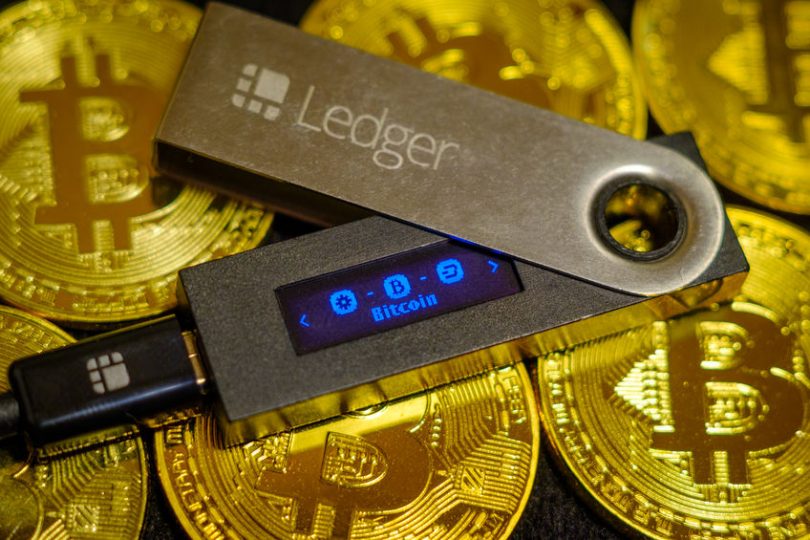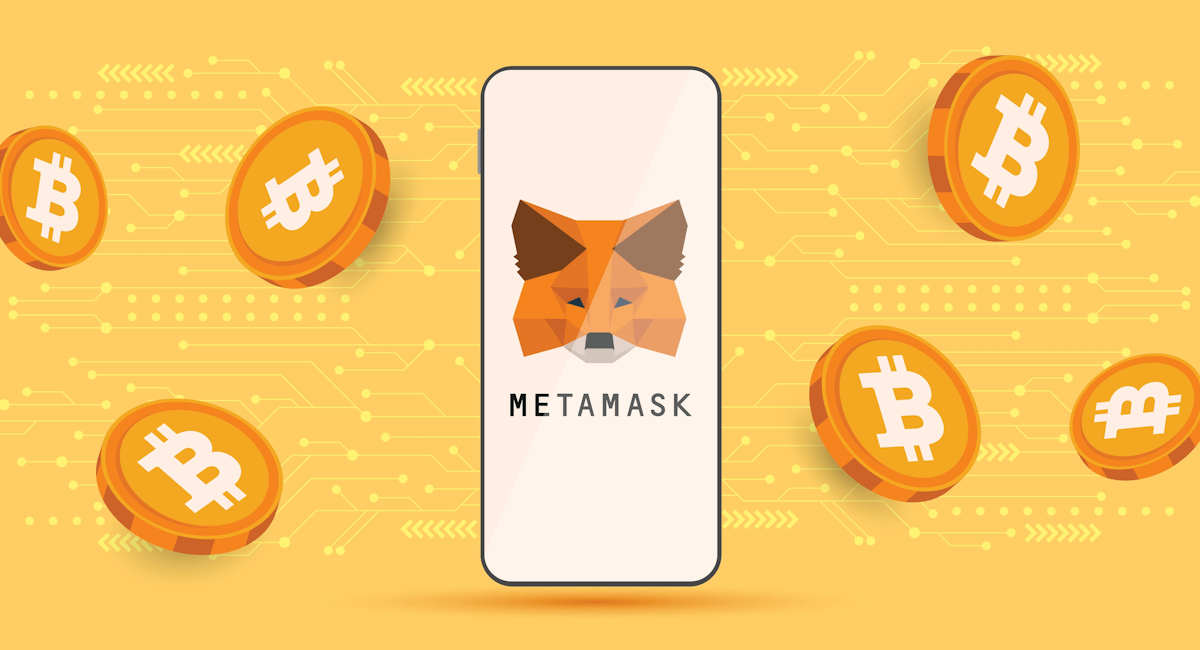As the world of cryptocurrency continues to grow, understanding the role of crypto wallets becomes essential. A crypto Ledger wallet is a digital tool that allows users to store, manage, and transfer their cryptocurrencies securely. These wallets are vital in the decentralized ecosystem, offering a gateway for interacting with digital assets like Bitcoin, Ethereum, and many others.
In this article, we’ll explore the types of crypto wallets, how they work, and why they are crucial for anyone involved in cryptocurrency.
What is a Crypto Wallet?
A crypto wallet is a software program that allows individuals to store and manage their cryptocurrencies. Unlike traditional wallets, which hold physical cash and cards, crypto wallets store private keys—the cryptographic keys required to access and authorize cryptocurrency transactions on the blockchain. These private keys are essential for securing ownership and preventing unauthorized access to one’s assets.
A crypto wallet typically comprises two main elements:
- Public Key: This is like an email address. It is shared with others when they wish to send cryptocurrency to the wallet holder.
- Private Key: This is akin to a password and must be kept secret. It grants access to the crypto funds and allows for secure transactions.
Types of Crypto Wallets
Crypto wallets come in various forms, each offering different features suited to specific needs. The two primary categories of wallets are hot wallets and cold wallets.
1. Hot Wallets
Hot wallets are connected to the internet, making them convenient for frequent transactions. Since they are always online, they allow for quick access to your funds and are perfect for those who actively trade cryptocurrencies.
Examples of Hot Wallets:
- Software Wallets: These are applications you download onto your computer or mobile device, such as Exodus, Electrum, or Trust Wallet.
- Web Wallets: These are wallets that run on a web browser, allowing access from any internet-connected device. Coinbase and Blockchain.com offer such wallets.
- Mobile Wallets: These are apps designed for mobile phones, providing a convenient way to store and send cryptocurrencies on the go.
2. Cold Wallets
Cold wallets are offline storage methods designed for enhanced security. They are ideal for long-term storage and for individuals who don’t need frequent access to their crypto holdings.
Examples of Cold Wallets:
- Hardware Wallets: These are physical devices, such as Ledger or Trezor, that store your private keys offline. To initiate a transaction, you connect the device to an online computer or phone temporarily.
- Paper Wallets: These are physical pieces of paper containing your public and private keys. Since they are offline, they offer protection from online hacks but are vulnerable to physical damage or theft.
How Do Crypto Wallets Work?
When you make a cryptocurrency transaction, you use your private key to sign and authorize the transfer. The process involves creating a digital signature that is sent to the blockchain network, which verifies your ownership of the coins or tokens you wish to send.
The public key is shared with the recipient, enabling them to send funds to your wallet. Importantly, your wallet doesn’t actually store your cryptocurrency; it stores the keys that give you access to your digital assets on the blockchain.
Why Are Crypto Wallets Important?
- Security: The most critical function of a crypto wallet is to secure your funds. Without the private key, you lose access to your assets. A good wallet ensures that your private key is protected from theft, hacking, or loss.
- Control: A crypto wallet grants the user full control over their funds. Unlike traditional banking systems, where third parties manage your assets, crypto wallets enable direct ownership and responsibility for the funds.
- Privacy: Many crypto wallets allow users to maintain a certain level of anonymity. Since transactions are pseudonymous, they don’t require personal information, enhancing privacy.
- Transaction Ease: Crypto wallets allow for fast and efficient transactions across borders, bypassing traditional banking systems. This is particularly valuable for individuals in regions with limited access to banking services.
- Access to DeFi: With a crypto wallet, users can interact with decentralized finance (DeFi) applications, which are gaining popularity for lending, borrowing, and earning interest on digital assets.
Choosing the Right Crypto Wallet
Choosing a crypto wallet depends on your needs, such as how often you trade, how much security you require, and your experience with cryptocurrency.
- For Beginners: Software wallets and mobile wallets are user-friendly and offer a balance of security and convenience.
- For Active Traders: Hot wallets that offer fast transactions, such as web or mobile wallets, are suitable for active trading.
- For Long-Term Holders: Hardware wallets provide the highest security for users who are looking to store their assets long-term and don’t need immediate access.


